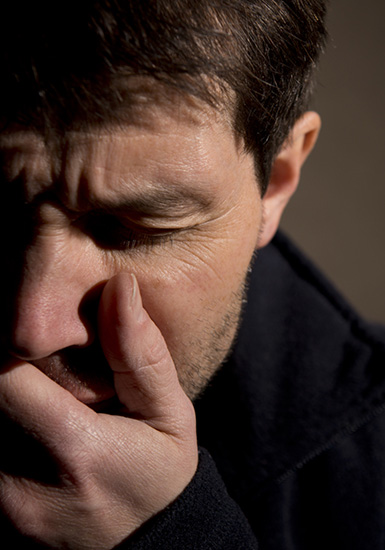PTSD
Posttraumatic stress disorder (PTSD) is a psychiatric disorder that may occur in people who have experienced or witnessed a traumatic event such as a natural disaster, a serious accident, a terrorist act, war/combat, or rape or who have been threatened with death, sexual violence or serious injury.
Quality Therapies
Personal Meetings
PTSD has been known by many names in the past, such as “shell shock” during World War I and “combat fatigue” after World War II, but it is not limited to combat veterans. This condition can affect people from any ethnicity, nationality, culture, or age. Approximately 3.5 percent of U.S. adults experience it every year, and an estimated one in 11 people will be diagnosed with it in their lifetime. Women are twice as likely as men to be affected, and U.S. Latinos, African Americans, and American Indians are disproportionately impacted, with higher rates than non-Latino whites.
The Impact of PTSD on Different Groups
Individuals with this condition often experience intense, disturbing thoughts and feelings related to their traumatic experience that persist long after the event. They may relive the trauma through flashbacks or nightmares, feel sadness, fear, or anger, or become detached from others. Those affected may also avoid situations or people that remind them of the traumatic experience, and can have strong negative reactions to something as ordinary as a loud noise or an accidental touch.
A diagnosis of this condition requires exposure to a distressing traumatic event. However, the exposure can be indirect, such as learning about the violent death of a close family member or friend. It can also occur after repeated exposure to traumatic details, as with police officers dealing with child abuse cases.
Resources:
- Posttraumatic stress disorder. In: Diagnostic and Statistical Manual of Mental Disorders DSM-5. 5th ed. Arlington, Va.: American Psychiatric Association; 2013. http://www.psychiatryonline.org. Accessed Dec.13, 2016.
- National Center for PTSD. http://www.ptsd.va.gov. Accessed Dec. 13, 2016.
- Post-traumatic stress disorder. National Institute of Mental Health. https://www.nimh.nih.gov/. Accessed Dec. 13, 2016.
- Posttraumatic stress disorder. National Alliance on Mental Illness. https://www.nami.org/Learn-More/Mental-Health-Conditions/Posttraumatic-Stress-Disorder/Support. Accessed Dec. 13, 2016.
- Rothbaum BO. Psychotherapy for posttraumatic stress disorder in adults. http//www.uptodate.com/home. Accessed Dec. 13, 2016.
- What is posttraumatic stress disorder? American Psychiatric Association. https://www.psychiatry.org/patients-families/ptsd. Accessed Dec. 13, 2016.
- Lifestyle changes recommended for PTSD patients. http://www.ptsd.va.gov/public/treatment/cope/coping-ptsd-lifestyle-changes.asp. Accessed Dec. 13, 2016.

